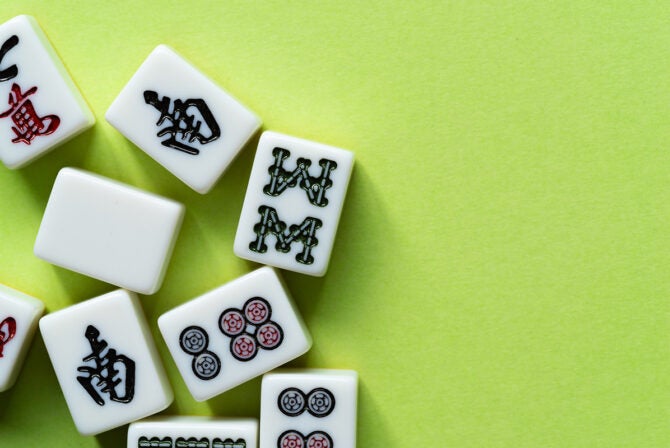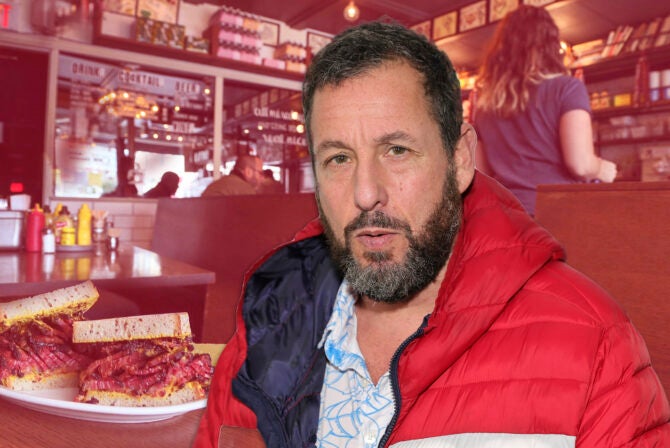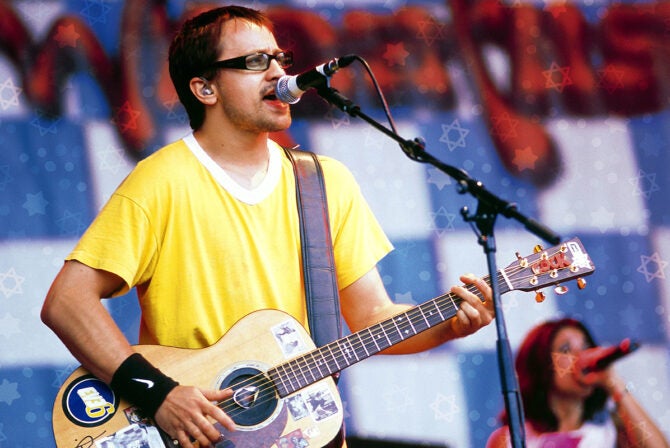Lena Dunham, the award-winning actress, writer and director, wrote a heartfelt post about falling in love. Except, she wasn’t talking about a romantic relationship, she was talking about how she fell in love with the poetry of modern Israeli poet Yehuda Amichai.
Dunham wrote posted on Instagram about this connection, with a photo of one of Amichai’s compelling poems, “People Use Each Other” in English and in Hebrew. She wrote this on erev Yom Kippur, describing how her grandmother’s death inspired her to change her world view:
“This past year a special person helped me connect to my Judaism in a new way, beyond bagels and sample sales and crushing guilt. After my grandmother Dorothy died, I suddenly felt a desire to understand what the religion that meant so much to her had to offer her granddaughter, even if my world view is far less cleanly structured than hers (I hope you’re at the country club in the sky, Dottie, enjoying those white picket fences you dreamed of in a super cute but post-war normative way!) While I’ve learned a lot, I haven’t started going to temple. I haven’t married a lawyer. But I have fallen in love with the poetry of Yehuda Amichai and I am sorry to anyone I wronged this year (except for some people on Twitter.)”
What is so refreshing is the fact that Dunham doesn’t try to posture as someone she isn’t–she admits she “hasn’t started going to temple” or “married a lawyer,” (lol?) but has fallen in love with poetry. She also apologized to anyone she “wronged this year”—and given how people feel about the controversial Dunham, a lot of people may feel that applies to them.
The poem she chose is especially apt: It’s both a celebration of the love and support people have for each other (“People use each other/as a healing for their pain”). It simultaneously acknowledges that this intensity can be toxic as well—with people using each other for their wounds. In this way, this poem is about empathy–and calling us all to be empathetic with ourselves and each other.
But the last line: “they hold each other hard and won’t let go,” is both so bittersweet and beautiful, exemplifying the human need for connection, but also the darkness that connection can bring.
Amichai, who died at 76 in 2000, is considered Israel’s greatest modern poet, especially as he was also one of the first to write in colloquial Hebrew. His poetry has been translated into over 40 languages, and translator Robert Alter has said: “Yehuda Amichai, it has been remarked with some justice, is the most widely translated Hebrew poet since King David.”
As a poet myself, I cannot stress enough Amichai’s influence on language and poetics in general–and on the human experience. For someone to create art that’s so accessible, to put into language the beauty and nuance of mundane moments and everyday human experience, is not only a gift that allows us to understand and validate our own emotions better— but also to be able to experience the nuances of these emotions.
One of my favorite poems of Amichai’s is “A Child Is Something Else Again,” which feels especially relevant right now (and really, always)–here’s an excerpt:
Sometimes, when we don’t know what to say, poetry can say it for us. Thank you to Dunham for reminding us of that.







